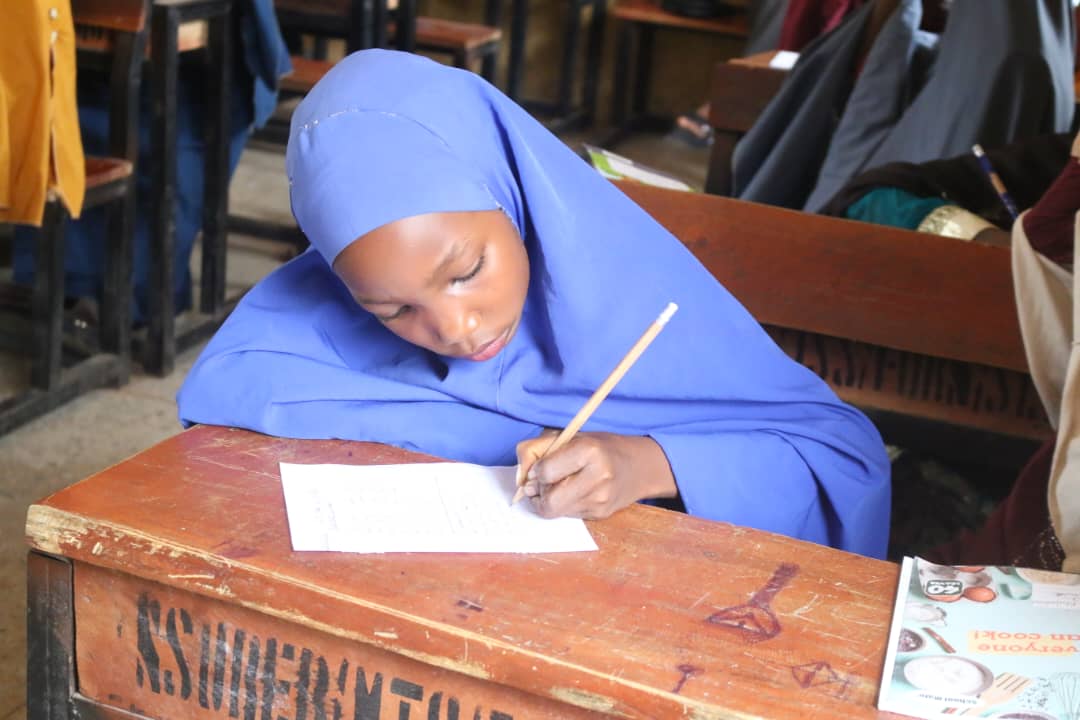Every child learns differently, and not every lesson clicks between four classroom walls. Whether your child is struggling with a subject or simply needs more stimulation than textbooks offer, learning doesn’t have to stop at the school gates. In fact, some of the most memorable and effective educational moments happen far from a whiteboard. Helping your child learn outside the classroom isn’t about replacing school—it’s about enhancing it, supporting their growth in ways that feel natural, joyful, and part of their world.
Find Interests that Lead to Learning
One of the best ways to unlock a child’s potential is by letting their interests guide the journey. If your child is fascinated by animals, try to build science, reading, and even art lessons around that theme. Passion is a powerful motivator—it fuels curiosity and helps information stick. Instead of forcing them to follow a rigid educational path, help them explore what they love and show them how that passion connects to core subjects. You’ll be amazed at how much ground you can cover when your child feels like the learning is theirs.
Create Educational Videos They’ll Want to Watch
Sometimes, learning clicks when it’s visual. You can create customized educational videos tailored to your child’s needs and interests. By using an AI video generator, you can simply enter a descriptive text prompt and the tool will generate a customized video clip that brings the lesson to life. This is especially useful for reinforcing concepts with engaging visuals—take a look at an AI video generator for education if you want to build a more immersive learning experience at home.
Turn Talks Into Teaching Moments
The way you talk about learning matters. Instead of lecturing, engage your child in conversations that invite curiosity and critical thinking. Ask open-ended questions, let them ask you some in return, and don’t worry if you don’t have all the answers—look them up together. This conversational approach makes learning feel collaborative rather than authoritarian. When your child feels heard and involved, they’re more likely to stay interested and retain what they’re discovering.
Be Their Biggest Fan, Not Their Drill Sergeant
Kids need encouragement more than criticism. If your child is having a hard time with a subject, focus on effort and improvement instead of perfection. Celebrate small wins, and show them that mistakes are part of the process. Support can come in many forms—sitting next to them during a tough assignment, praising their perseverance, or giving them a break when frustration takes over. When a child feels supported rather than judged, their confidence grows—and so does their capacity to learn.
Explore the World Through Art and Music
Creativity is deeply tied to cognitive development, and artistic expression can help reinforce learning in all subjects. Drawing, painting, or building models can support lessons in geometry, biology, or history. Music helps with memory and language acquisition—try singing the multiplication tables or writing a rap about ancient Egypt. Give your child the tools and space to create, and they’ll often find ways to blend learning and self-expression without being asked.
Step Outside for Nature-Based Lessons
Nature is one of the best classrooms around, offering lessons in ecology, weather, biology, and even math—all without a worksheet. Take your child on hikes and talk about different tree species, track animal footprints, or collect rocks and categorize them by color, size, or shape. Observing natural patterns helps develop observational skills and instills a sense of wonder. Nature also improves focus and reduces stress, making it the perfect environment for relaxed, effective learning.
Grow Together Through Gardening
Gardening offers practical lessons in patience, biology, and responsibility. Let your child help pick the plants, prep the soil, and track growth with a simple chart. Talk about photosynthesis, soil composition, or insect ecosystems while you work. Plus, kids are often more excited to eat vegetables they helped grow. Gardening teaches delayed gratification, environmental awareness, and provides endless opportunities for observation and discussion.
Learning doesn’t have to be rigid or overwhelming—it can be playful, dynamic, and woven into the fabric of everyday life. By tuning into your child’s interests, being supportive, and exploring a wide variety of activities, you can turn the world into a living, breathing classroom. From a backyard garden to a hiking trail to a kitchen counter, learning opportunities are everywhere. All it takes is a little intention, a bit of patience, and a belief that growth can happen anywhere, at any time.Visit the Child and Youth Protection Foundation and help empower children and youth to become responsible citizens and agents of change in our society!
Ian Garza

